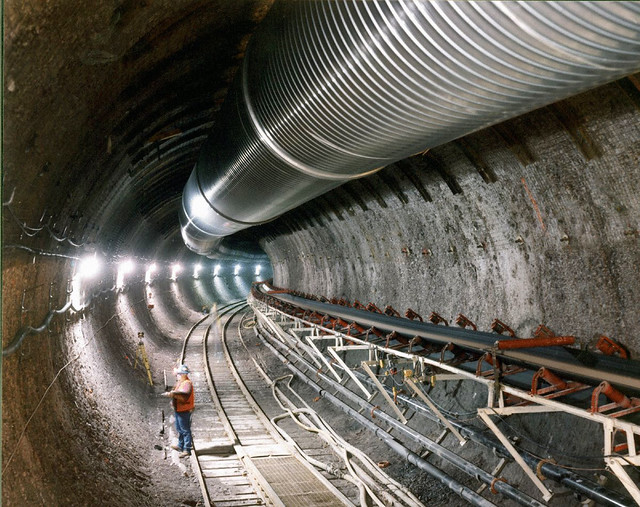
RadWaste Monitor Vol. 12 No. 35
Visit Archives | Return to Issue PDF
Visit Archives | Return to Issue PDF
RadWaste Monitor
Article 1 of 7
September 13, 2019
Senate Appropriators Give Nothing to Yucca Mountain

The U.S. Senate Appropriations Committee on Thursday rolled out and quickly passed energy and water development legislation that would again give nothing for licensing the Yucca Mountain nuclear waste repository in Nevada.
Instead, the $48.9 billion Energy and…
Partner Content
Jobs